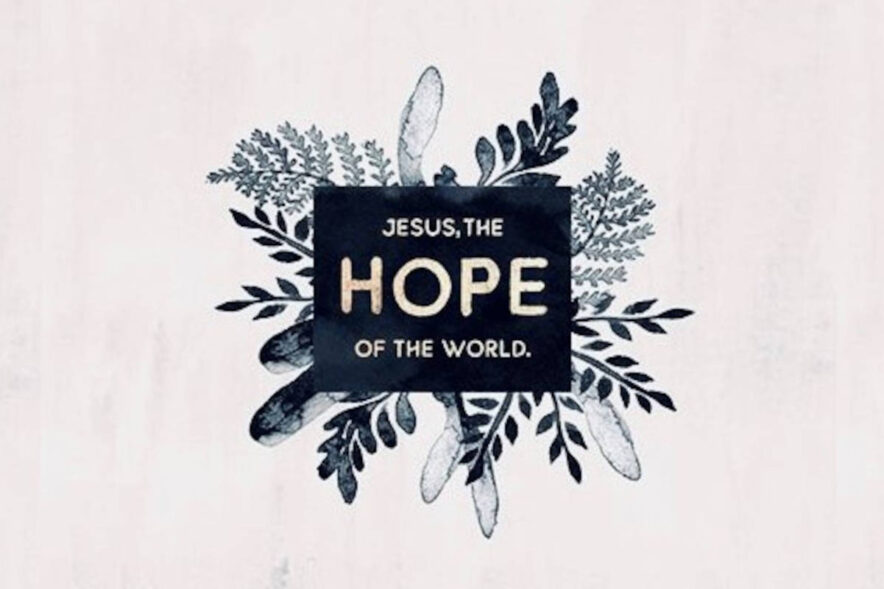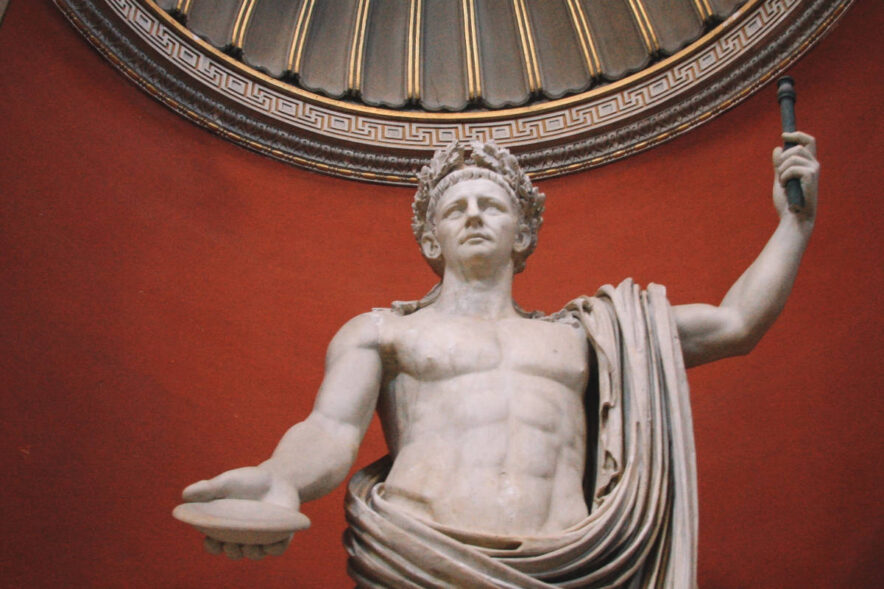(Not a reader? Take a listen instead ⇓) Acceptance By Grace Through Faith Alone The simple truth that we...
Tag: christianity
Showed 37 to 45 posts out of 61 total under "Tag: christianity" category.
(Not a reader? Take a listen instead ⇓) “Behold, the virgin will be with child and will give...
(Not a reader? Take a listen instead ⇓) I like the Apostle Paul. I like his ability to ‘call...
(Not a reader? Take a listen instead ⇓) The appearance of Jesus on the Jewish scene was a dramatic...
The subject of hell has popped up in a few different conversations recently, and, while I tend to try...
(Not a reader? Take a listen instead ⇓) Christianity in the first century was a spiritual explosion, fueled...
“If I find in myself desires nothing in this world will satisfy. I can only conclude that I was...
“Injustice: unfairness, unjust act, Unfair: not equitable or honest, not impartial or according to rules, society: organised and interdependent...











